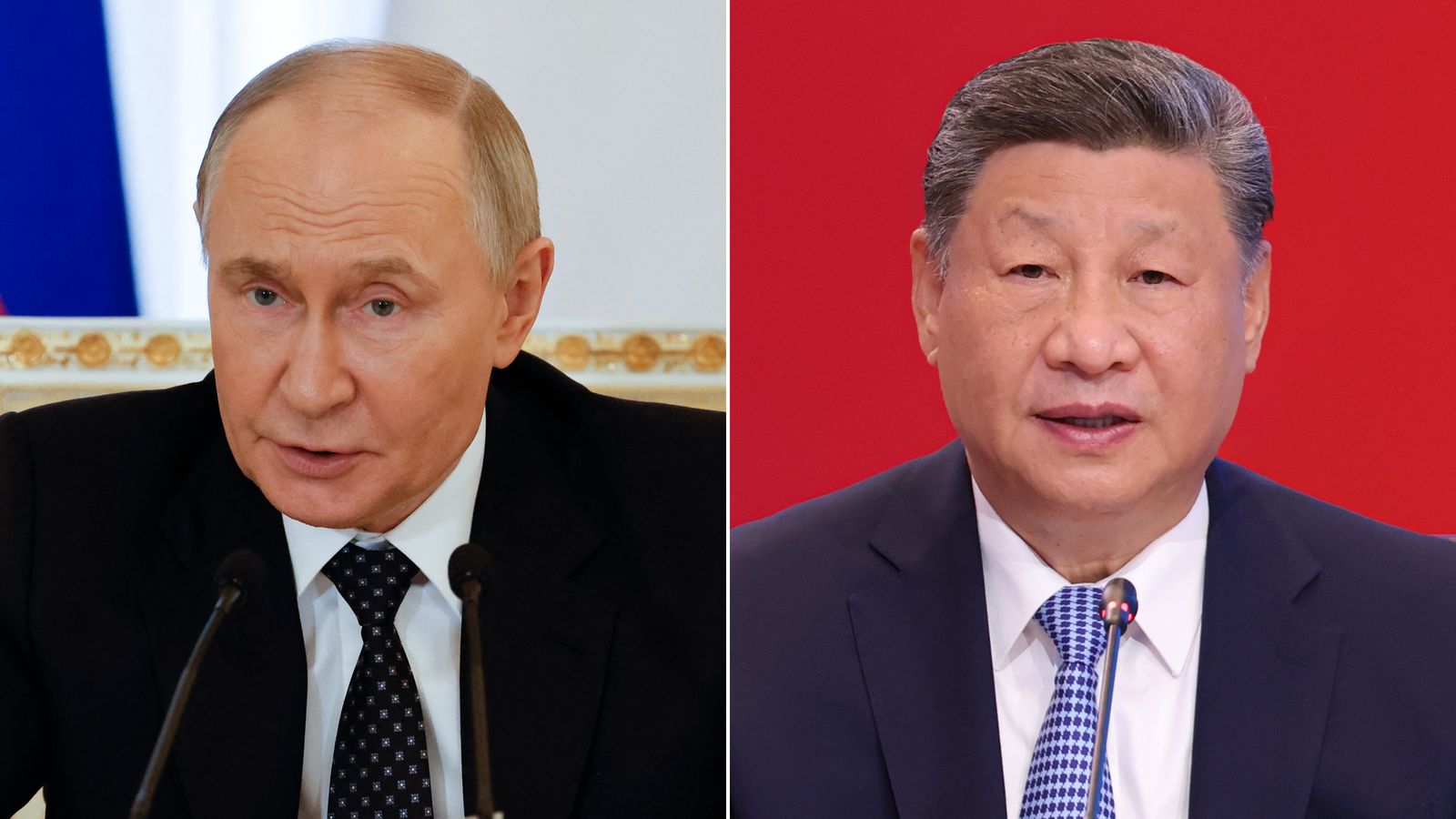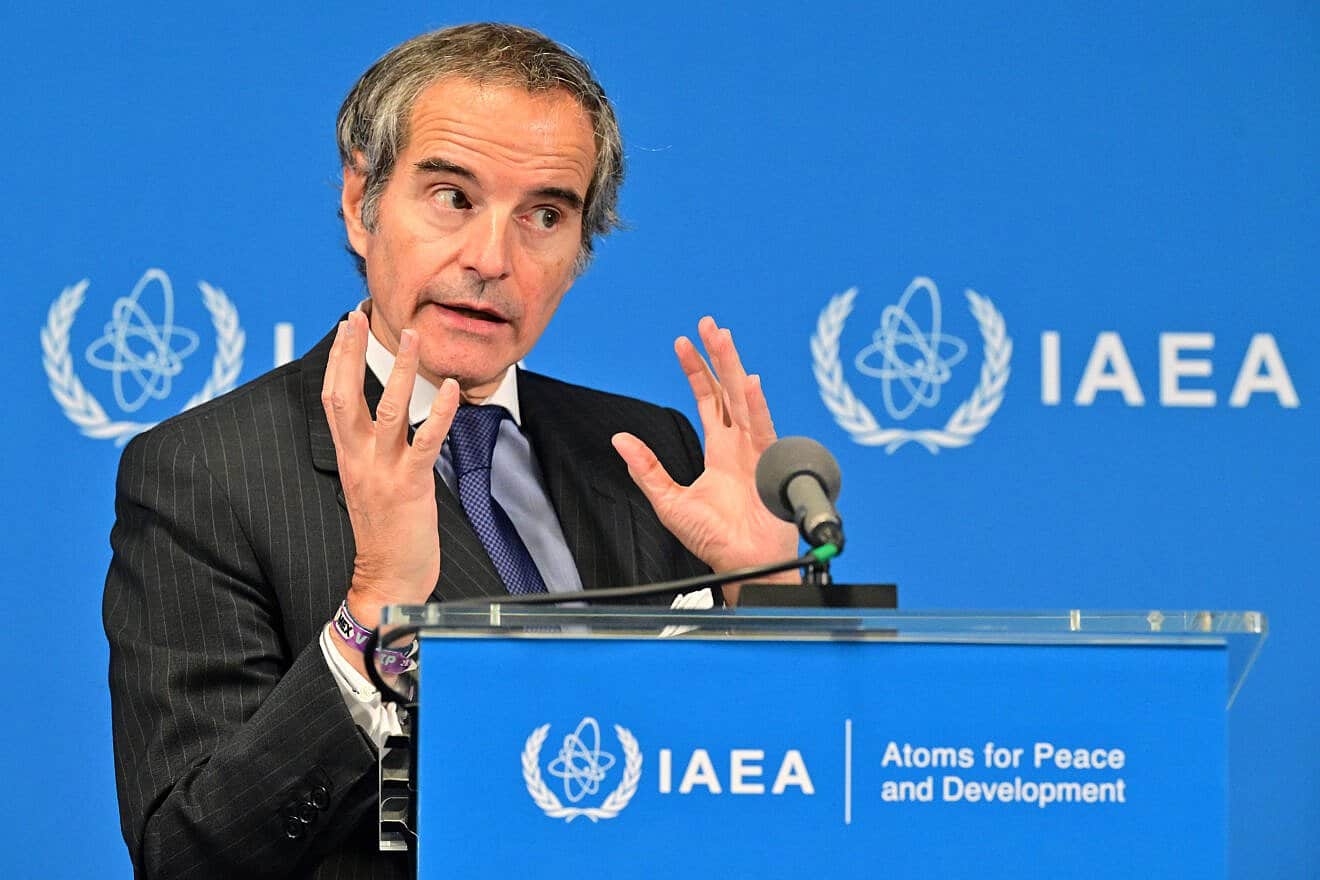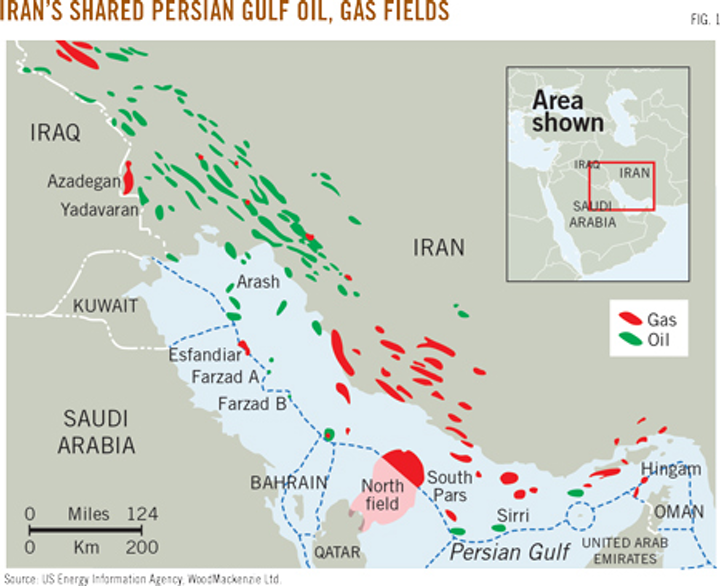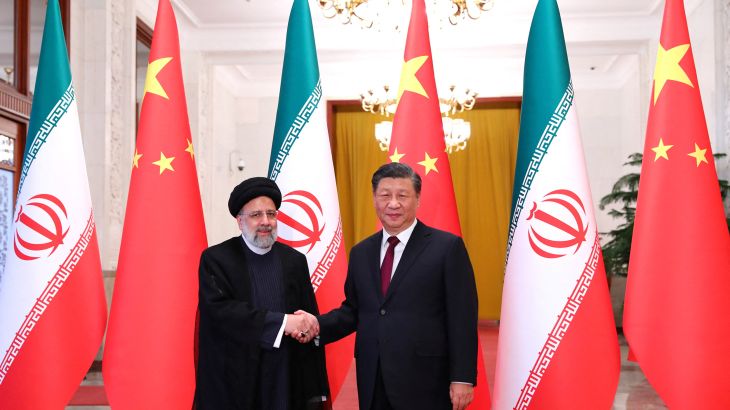Russia and China , the strongest allies of Iran, watch Iran suffer from the sidelines as both are limited in their present position to offer any military support against the US - An Analysis


Iran stands isolated with Russia, China and North Korea dumping it to fight its own war with the US – Barring some statements here and there, the so-called AXIS powers have not come together – An Analysis
By TN Ashok Washington, June 22, 2025
North Korea has not made a single whisper on the US attacks on Iran or has it stated what its future course of action would be. North Korea is also building a nuclear bomb secretively but has managed to escape the harsh treatment of the US as towards Iran 's supremo, only because Pyong Yang does not have a muslim brotherhood for western nations to be afraid of. Above, Kim Jong UN, below President Trump and Pak's COAS Field Marshall Asim Munir. Below China's supremo Xi Jinping and Russian foreign office spokesman Dmitri Peskov.

 I
I
Dmitri Peskov, Kremling spokesman.
Iranian Foreign Minister Abbas Araghchi at Geneva talks.
 Iran today stands isolated helpless with the so-called AXIS powers of an alleged 3rd World War not pulling together. Barring some statements of condemnation, neither Russia nor China helped to prevent the US from bombing its nuclear sites despite prior intelligence information on it.
Iran today stands isolated helpless with the so-called AXIS powers of an alleged 3rd World War not pulling together. Barring some statements of condemnation, neither Russia nor China helped to prevent the US from bombing its nuclear sites despite prior intelligence information on it.
China and Russia Condemn U.S. Strike on Iran—but Stay on the Sidelines
What is the reason? Joe Biden is no longer the president that he can be muzzled in by these powers. China has much stake with the United States with its ongoing Tariffs issues and Trade War with US which shot to 250% vs 125% in a ping pong match where the Chinese, masters of the game, played without the handle but succumbed in the larger interests of trade where they held all the cards and not Trump. Trump might have won initially. But in the long run, its China which is gaining , look at its trade balance with the US.
In 2024, total U.S. trade in goods with China amounted to approximately $583 billion, according to Statista. This included $143.55 billion in U.S. exports to China and $438.95 billion in U.S. imports from China, resulting in a trade deficit of $295.4 billion. So China holds all the cards .
- The U.S. has a significant trade deficit with China, meaning it imports far more goods from China than it exports to China.
- Top U.S. imports from China include electronics, machinery, toys, and furniture, according to Supply Chain Dive.
- U.S. exports to China include agricultural products, machinery, and chemicals.
- Ongoing trade tensions and tariffs between the U.S. and China continue to impact the volume and value of trade. Current understanding is that US exports to China would be charged at 10% but Chinese imports
- would be charged at 55% , yet, it will take a long time for US to reduce the deficit untill all non trade
- tariff barriers are dropped, and Trump has asked for its suspension for a year.
- In May 2025, US seaborne imports from China declined by 28.5% year-over-year, which is the steepest decline since the pandemic, with exports from China to the US also decreasing significantly.
Dust has just settled on the tariff wars – after a successful round of talks in Geneva, China and US agreed to level their tariffs at 55% for Chinese goods to enter America and 10% for US goods, primarily agricultural goods, entering China. And also agreed to keep non-tariff barriers at bay for the next 12 months.
Trump would again hoist the flag of Tariffs if China sent its Chengdu aircraft to rain missiles on Israel. Rather than have its Apple cart upset, literally, at a time when Apple is thinking of shifting the manufacturing hub from China to India, and incur the wrath of US, China has decided to play safe – issuing statements to give Iran a sense of brotherhood.
 Chinse Foreign Miniter Wang Yi.
Chinse Foreign Miniter Wang Yi.
Therefore, China restricted itself to strongly condemning the U.S. attacks on Iran and bombing of nuclear facilities under the safeguards of the IAEA. The actions of the U.S. seriously violate the purposes and principles of the UN Charter and international law and have exacerbated tensions in the Middle East.
China calls on the parties to the conflict, Israel in particular, to reach a ceasefire as soon as possible, ensure the safety of civilians, and start dialogue and negotiation. China stands ready to work with the international community to pool efforts together and uphold justice, and work for restoring peace and stability in the Middle East.
Unlike in the Indo Pak conflict, where China whipped up a propaganda for its Chengdu aircraft dowing the French made Rafale jets and supplying jets and arms to Pakistan, it stayed on the sidelines, mainly because it has very limited presence in the middle east, save one base in Djibouti.
Russia is already suffering the effects of Ukraine war of two years where its soldiers are war weary, many of them want to return home to their families, and the ire against Putin domestically is building up, though he rules with an iron hand rigging all polls possible. He rigged the polls at Donetsk, Luhansk and Donbass in Ukraine saying the people there wanted liberation from Ukraine and be part of Moscows regime.




The whole world condemned the rigged polls. Ukraine rained missiles on Moscow recently destroying its fleet of Sukhoi aircraft and air bases for which Moscow returned with severe retaliation bombing civilian targets in the Ukrainian capital .
History has shown how Hitler lost the 2nd world war after he opened a 2nd front into an area where he had little experience – launching an attack on Moscow and the Nazi war machinery was crippled in the subzero temperatures as tanks were crippled as oil froze in the tanks of the tanks and nazi soldiers just could not take the –20 dC to –30 dC temperatures and many of them died of frostbites. Thats was Hitlers undoing.
Opening another front in the middle east and taking on the might of US against Iran would be most foolish thing to do, so realized, Vladimir Putin, he stayed away and stopped short of issuing statements through the Kremlin spokesperson Peskov.
So, what did they say:
Other global reactions — U.N. and Russia


U.N. Secretary-General António Guterres condemned the use of force, calling the U.S. strikes "a dangerous escalation in a region already on the edge." But who cares for the UN or Antonio Guterres , could he stop the war in Gaza as thousands of Palestinians were killed in the crossfire of the militants and IDF.
The UN is now reduced to a toothless tiger with US under Trump withdrawing all financial assistance – US was its biggest funder, and it had a legitimate grouse that while it was funding majorly the UN , the body was not taking its side on any international issue but the opposite side. It was the same under Both Biden and Trump.
Guterres warned of "catastrophic consequences for civilians, the region, and the world," and urged all parties to de-escalate. But all it can do is platitudes to Iran in condemning the US assault, but it can't get a single resolution passed against the US in the security council as US would summarily reject and vetoe it.
The International Atomic Energy Agency — the U.N.'s nuclear watchdog, which advocates for nuclear energy and opposes nuclear weaponry — said it would hold an emergency meeting on Monday "in light of the urgent situation in Iran." It confirmed there was no detectable radiation and said it would provide further assessments.
Russia said Sunday that it "strongly condemned" the United States' bombings of nuclear sites in Iran, calling the attacks "irresponsible" and a "gross violation of international law."
"It is already clear that a dangerous escalation has begun, fraught with further undermining of regional and global security," the Russian foreign ministry added in a statement.
China :Fox Business China’s clout in the Middle East may not be as strong as Beijing thinks





China does, however, remain a major factor in Iran’s energy market – which is otherwise sanctioned by the U.S. and much of the West, according to Steve Yates, a senior fellow in Asian Studies and security policy at the conservative Heritage Foundation.

"Iran has been a particular partner in the event that China has shielded Iran from sanctions imposed by the United States and its allies for decades, usually out of proliferation concerns and occasionally for other reasons," said Yates, who has advised top U.S. officials on national security matters.

"And China has always been a weak spot in the viability of sanctions because China would continue, sometimes openly and obviously, and other times quietly and clandestinely, to continue the energy market flowing for Iran."

China wields significant economic leverage, particularly through its energy ties with Iran and infrastructure investments via the Belt and Road Initiative. However, its military footprint in the region remains minimal.
Aside from a small base in Djibouti, China lacks both the capability and the appetite to project hard power across the Middle East. Instead, it is positioning itself as a diplomatic counterweight to the U.S., offering mediation and calls for de-escalation. This is soft power in action—but it also underscores that Beijing’s influence hinges more on optics and economics than on military presence.

Russia, by contrast, has a deeper history of involvement in the region—most notably in Syria. Yet its current posture is more rhetorical than operational, constrained by its own entanglements, especially the ongoing war in Ukraine. Moscow’s ability to shape outcomes is limited, and its response to the U.S. strike reveals the growing gaps in its regional effectiveness.
Both nations clearly wish to be seen as major stakeholders in Middle Eastern affairs. But in moments of crisis —particularly those initiated by U.S. military action—their ability to influence events is limited. They are influential, certainly, but not decisive.
This strategic calculus was almost certainly part of the Trump Administration’s considerations before launching the strike on Iran.

During the St. Petersburg International Economic Forum on June 20, President Putin addressed the rising tensions between Iran and the U.S. He voiced deep concern over developments near Iranian nuclear facilities, stating that Russia is “strongly worried about what’s going on around the Iranian nuclear facilities and possible consequences.”
Putin also noted that Israel had pledged to protect Russian personnel stationed at Iran’s nuclear sites, including the Russia-built Bushehr plant.

In a separate statement, Putin reiterated that Iran does not intend to develop nuclear weapons—a position Russia has “repeatedly conveyed” to Israel. He further emphasized the complexity of Russia’s position, pointing to Israel’s substantial Russian-speaking population, which shapes Moscow’s approach to the conflict.
But Russia's argument did not carry much water with buddy Trump because IAEA and US intelligence suggested that Iran had reached a threshold level of 83% enrichment of Uranium, enough to convert it into weapons grade plutonium to make the nuclear bomb and that concerned both Israel and USA and they went all out to take out Iran.
Thus far, Putin has chosen a carefully calibrated diplomatic posture: condemning the strikes, defending Iran’s nuclear stance, and signaling a desire to avoid escalation—without indicating any intent for military involvement.
Given the absence of meaningful backing from China or Russia, Iran’s ability to directly retaliate against the United States is constrained. Its network of non-state allies and proxy groups—traditionally a key asset—has also weakened significantly over the past year.
Hezbollah, historically Iran’s most capable proxy, has been diminished by recent Israeli strikes. While it has declared solidarity with Iran, its capacity to launch a major offensive, particularly against U.S. forces, is currently limited.
Hamas, meanwhile, has condemned the U.S. action as “brazen aggression” and voiced full support for Iran. However, it remains deeply engaged in its own conflict with Israel and is unlikely to have the bandwidth for broader escalation.
The Houthis in Yemen, known for launching drone and missile attacks against U.S. and Saudi targets, could act in solidarity with Iran—especially in the Red Sea. But their ability to inflict significant strategic damage remains marginal.
In conclusion, while Iran may still employ asymmetric warfare through proxies, the prospect of a full-scale military coalition against the U.S. remains remote, particularly without direct support from any major world powers. As it stands, Iran's response options remain limited and largely symbolic.
Whether the existential threat to Iran’s regime has a major effect on the U.S.-China relationship remains to be seen, Yates said. "I think in some ways it’s theater – but theater that matters, in that Beijing, Moscow and Tehran have tried to be somewhat [the] core of a new axis that was balancing against the United States and trying to peel the global South and other places out … of our orbit."
But China remains reliant on the U.S., particularly economically, so Western actions in the Middle East may give President Xi Jinping pause before jumping into the fray.
Gatestone Institute senior fellow Gordon Chang, a preeminent analyst on China and U.S.-China relations, said he doesn’t see a major offensive from Beijing in the cards if Iran falls – but does envision potential uncertainty if it doesn’t.
Feedback: ashoktnex@gmail.com

Comments
Post a Comment